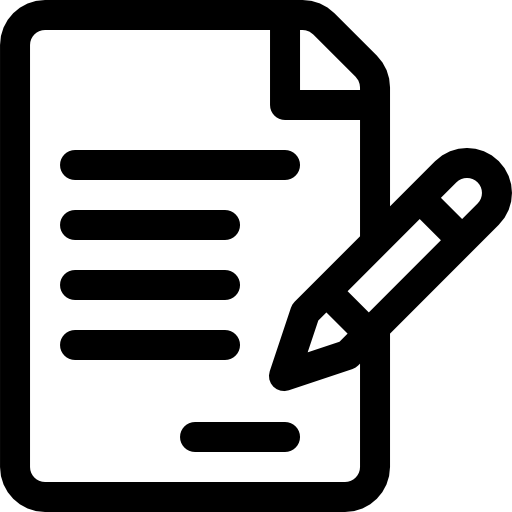Parameter Passing
Parameter Passing Mechanisms in C++
There are two ways to pass parameters:
- pass by value
- pass by reference
Pass by Value
In the case of passing parameters by value, the formal parameters of a function are copies of the actual parameters' values. This means that:
- actual parameters can be expressions whose values match the types of formal parameters (or can be implicitly converted to the types of the formal parameters).
- the value of the expression (or variable) given as the actual parameter is stored on the stack.
- upon exiting the function call, the changes made in the function to the formal parameters have no effect on the actual parameters. The actual parameters remain unchanged!
- this is the default way of passing parameters.
Example:
#include < iostream >
using namespace std;
int gcd(int a , int b)
{
cout << "At the start of the gcd function, a = " << a << " and b = " << b << endl;
while(b != 0)
{
int r = a % b;
a = b;
b = r;
}
cout << "At the end of the gcd function, a = " << a << " and b = " << b << endl;
return a;
}
int main()
{
int x = 24, y = 18;
cout << gcd(x , y) << endl;
cout << "After calling the gcd function, x = " << x << " and y = " << y << endl;
return 0;
}
We observe that although the formal parameters a and b in the gcd function are modified, in main(), after calling the gcd function, the actual parameters x and y have their original values.
Pass by Reference
This is the specific C++ mechanism by which we can modify variables outside the function within the function. In the case of passing parameters by reference, the formal parameters of a function are references to the actual parameters. This means that:
- actual parameters can only be variables, or expressions whose results are similar to variables: array elements, structure fields, dereferenced pointers, etc.
- the address of the variable given as the actual parameter is stored on the stack.
- all changes made in the function call to the formal parameters are actually made to the actual parameters. The actual parameters are modified upon exit from the call!
- to specify that a parameter is passed by reference, it will be preceded by the character & in the function's header.
Example:
#include < iostream >
using namespace std;
void doubleValue(int & n)
{
n = 2 * n;
}
int main()
{
int x = 24;
cout << "x = " << x << endl;
doubleValue(x);
cout << "x = " << x << endl;
return 0;
}
We observe that, upon exit from the call, the value of the variable x is modified. Moreover, a call like doubleValue(10); represents a syntax error, because the actual parameter must be a variable.

